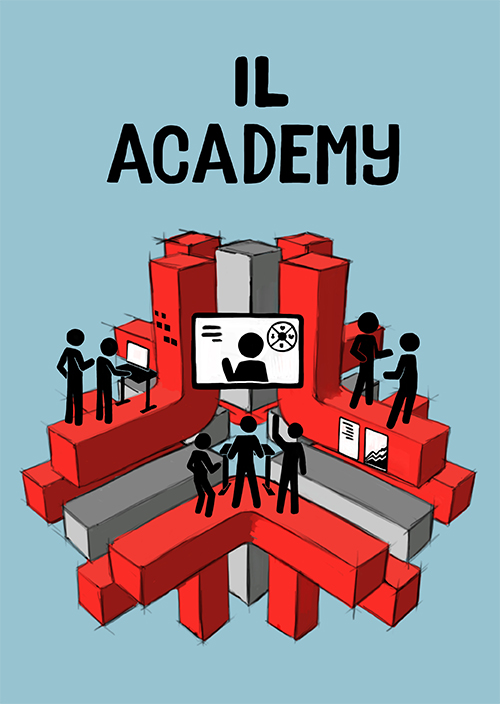The Industrial Logic Academy is a 12-week, full immersion program that transforms high-potential programmers into versatile, agile engineers, who can work in fast-paced teams and produce better software sooner.
The program involves intensive study, solo- and group-programming, challenging exercises, lectures, and guidance by professional software coaches/instructors. Participants focus their time on acquiring the skills defined for that week. Instructors make sure that each participant is able to demonstrate mastery of each skill. The program builds on foundational software craftsmanship concepts, gets into more advanced techniques, and includes work on real projects.
The program is best suited for programmers who already have basic programming skills and are willing to immerse themselves in learning advanced development techniques.
Industrial Logic coaches guide developers to learn, practice, and apply skills such as Object-Oriented Programming, Code Smells, Refactoring, Microtesting, Test-Driven Development, Faking & Mocking and Continuous Integration, as well as Mobbing and Pairing, how to be an excellent team player, how to lead retrospectives, how to give and receive feedback, and much more.
Following successful completion of the program, graduates join teams that are already practicing agile software development. This is critical for their growth because if they join traditional projects, they will not continue to develop essential agile software development skills. The projects that graduates join should be led by seasoned software development coaches, and include practices like mob- or pair-programming, continuous integration, test-driven development, refactoring, and similar agile software engineering skills.




